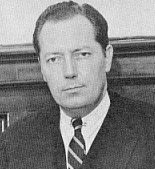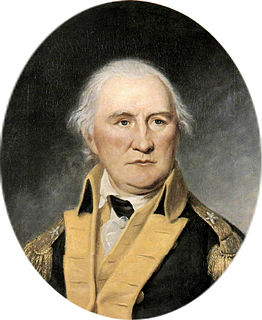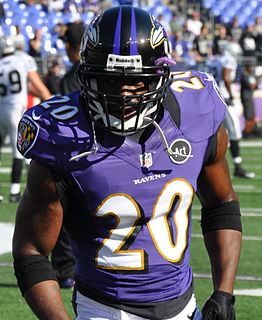A Quote by Marcus Tullius Cicero
No liberal man would impute a charge of unsteadiness to another for having changed his opinion.
Related Quotes
Misanthropy ariseth from a man trusting another without having sufficient knowledge of his character, and, thinking him to be truthful, sincere, and honourable, finds a little afterwards that he is wicked, faithless, and then he meets with another of the same character. When a man experiences this often, and more particularly from those whom he considered his most dear and best friends, at last, having frequently made a slip, he hates the whole world, and thinks that there is nothing sound at all in any of them.
I consider myself to be a man of principle. But, what man does not? Even the cutthroat, I have noticed, considers his actions "moral" after a fashion. Perhaps another person, reading of my life, would name me a religious tyrant. He could call me arrogant. What is to make that man's opinion any less valid than my own? I guess it all comes down to one fact: In the end, I'm the one with the armies.
I'm going out with these old guys. One guy gave me a hickey and left his teeth in my neck. Another man, we were having a perfectly lovely dinner; he looked up and me and went: You're not my wife! Another guy died during dinner. I had to go in his pocket to get the American Express card. Then you wonder: What would he tip? Another guy said: I want you to meet my family, and took me to the cemetery.
If we apply the term revolution to what happened in North America between 1776 and 1829, it has a special meaning. Normally, the word describes the process by which man transforms himself from one kind of man, living in one kind of society, with one way of looking at the world, into another kind of man, another society, another conception of life.... The American case is different: it is not a question of the Old Man transforming himself into the New, but of the New Man becoming alive to the fact that he is new, that he has been transformed already without his having realized it.












































